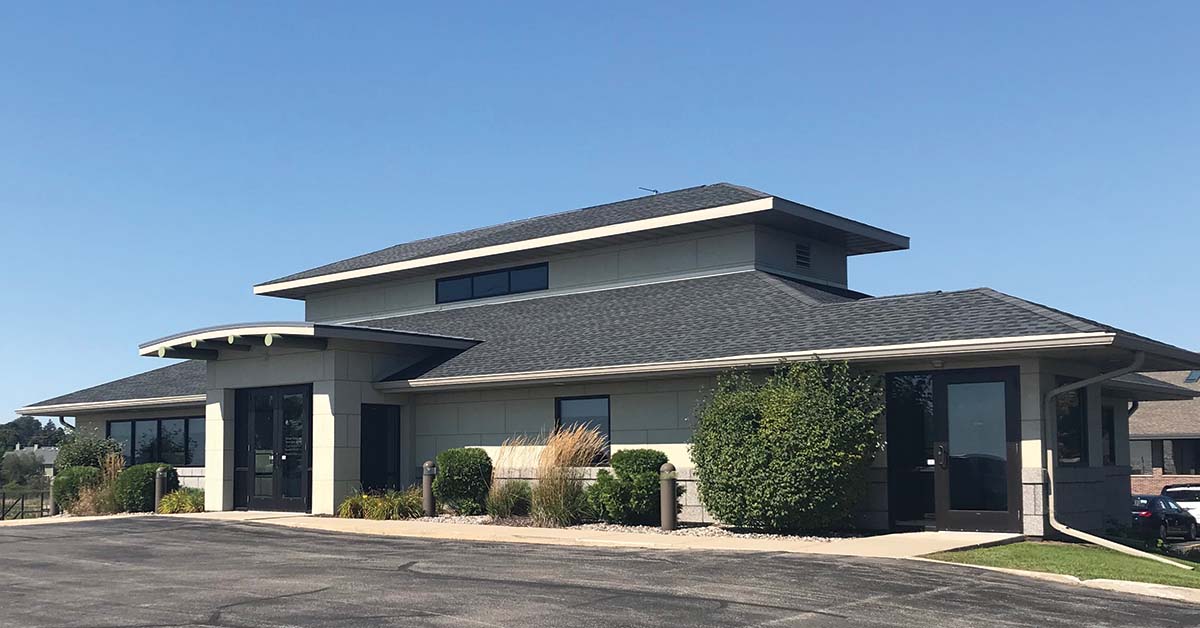Oral Pathology
Oral Surgery & Implant Specialists
How can I guard against oral disease?
Oral Surgery & Implant Specialists BayCare Clinic offers assessment, diagnosis and treatment of oral diseases, including oral cancer.
Visit a dentist at least once a year. See an oral surgeon if you have sores or lumps in your throat or mouth that linger for more than two weeks.
What do I need to know about oral cancer?
When diagnosed early, oral cancer has a high rate of recovery. Men are more than twice as likely as women to be diagnosed with oral cancer. Ask a dentist for a referral to an oral surgeon to talk about reducing oral cancer risks.
Oral cancer rates are highest among those who are both heavy smokers and heavy alcohol users. Oral cancer rates also are high among smokers, tobacco users, heavy alcohol users and people with poorly fitting dentures.
HPV infection of the mouth and throat
HPV infection of the mouth and throat, believed to be transmitted by sexual contact, also increases the risk of oral cancer. New data shows HPV (human papillomavirus) increasingly affecting younger, otherwise healthy people in their 30s and 40s who don’t have the usual risk factors for oral cancer.
What are oral cancer warning signs?
See a doctor or dentist if any of these conditions – all oral cancer warning signs – last more than two weeks:
- White patches, or leukoplakia, in the mouth
- Red patches, or erythroplakia, in the mouth
- Red-and-white patches, or erythroleukoplakia, in the mouth
- A sore that doesn’t heal and bleeds easily
- An abnormal lump or thickening of the tissues of the mouth
- Chronic sore throat or hoarseness
- Difficulty in chewing or swallowing
- A mass or lump in the neck
Will using smokeless tobacco decrease my chances of having oral cancer?
No. Chewing tobacco causes several types of cancer, including oral cancer. It also can cause sharp increases in heart rate and blood pressure. The best way to prevent oral cancer is to stop using all tobacco products.



